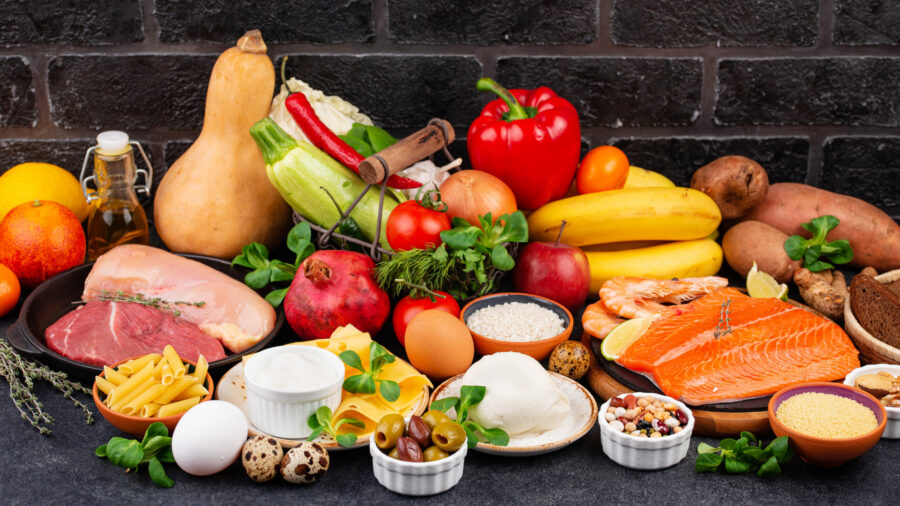According to a recent study published in The American Journal of Clinical Nutrition, a cleaner diet may help treat symptoms of major depression.
A twelve-week, randomized control trial conducted by the University of Technology Sydney enrolled a group of 72 males ages 18 to 25 who reported maintaining a poor daily diet. Half of the participants were prescribed the Mediterranean diet, which lead researcher Jessica Bayes chose due to its exclusion of fast food, processed sugar, refined starches, and processed meat, according to Science Daily. The Mediterranean diet is also known to include a variety of fruits and vegetables, legumes, whole grains, fish, and healthy fats.
The other half of participants in the trial were prescribed befriending therapy, a type of emotional intervention that focuses on social support. Results of the study show participants randomized to the Mediterranean diet group scored “significantly higher” on the Beck Depression Inventory Scale, according to WebMD.
In addition to assessments that measure symptoms of depression administered at the beginning, half-way point, and conclusion of the trial, participants who switched to the Mediterranean diet also reported intending to continue the diet after the study had concluded.
A DEEPER DIVE INTO STUDY RESULTS
Bayes feels results of the study should allow a referral to a dietician to become the standard of care for patients being treated for depression.
According to Science Daily, “Roughly 30 percent of depressed patients fail to adequately respond to standard treatments for major depressive disorder such as cognitive [behavior] therapy and antidepressant medications,” which supports a growing field of nutrition science known as nutritional psychiatry.
Bayes told WebMD, “around 90% of serotonin, a chemical that helps us feel happy, is made in our gut by our gut microbes. There is emerging evidence that these microbes can communicate to the brain via the vagus nerve, in what is called the gut-brain axis. … To have beneficial microbes, we need to feed them [fiber], which is found in legumes, fruits and vegetables.”
EXPLAINING THE GUT-BRAIN AXIS
The gut-brain axis refers to the bidirectional pathways of communication that exist between the nervous system of the brain and the nervous system of the gastrointestinal tract. The vagus nerve, one of the biggest nerves in your body, connects your gut and brain by sending signals in both directions, as reported by Healthline.
Naturopathic Doctor Laura Stix told The Food Institute: “At one end, thoughts and emotions can affect digestion, and at the other end, gut microbes can impact the nervous system, as well as hormones and the immune system.”
The gut-brain axis allows the community of bacteria which constitute the gut, known as microbiota, to directly impact mood, cognition, and mental health through the regulation and production of “feel good” hormones and neurotransmitters like serotonin and dopamine.
“Nutrition plays a huge role in dictating what kind of gut microbial community we have, so it must always be considered when looking to address depression or any mental health condition. A diverse range of phytonutrients, fiber, vitamins and minerals are critical components to a balanced gut,” Stix said.
Gut microbiota also dictates what is allowed to pass into the body by permeating the intestinal walls, and what gets excreted, as reported by Healthline. An unbalanced gut results in too much of the wrong things passing into the body through the intestinal walls, which results in build-up of an inflammatory toxin called lipopolysaccharide (LPS). LPS has been associated with systemic inflammation and conditions such as depression, dementia, and schizophrenia.
FOOD BRANDS REACT
Many food brands have already begun shifting their focus to products that include a variety of plant ingredients and minimal additives such as herb and spice blends, fermented foods, and fiber-rich foods.
Registered Dietitian Amanda Sauceda told The Food Institute: “Brands can align themselves with the gut-brain axis data by focusing on products that make the gut happy. The good news is that the products don’t have to be fancy, with hard-to-find ingredients.”












